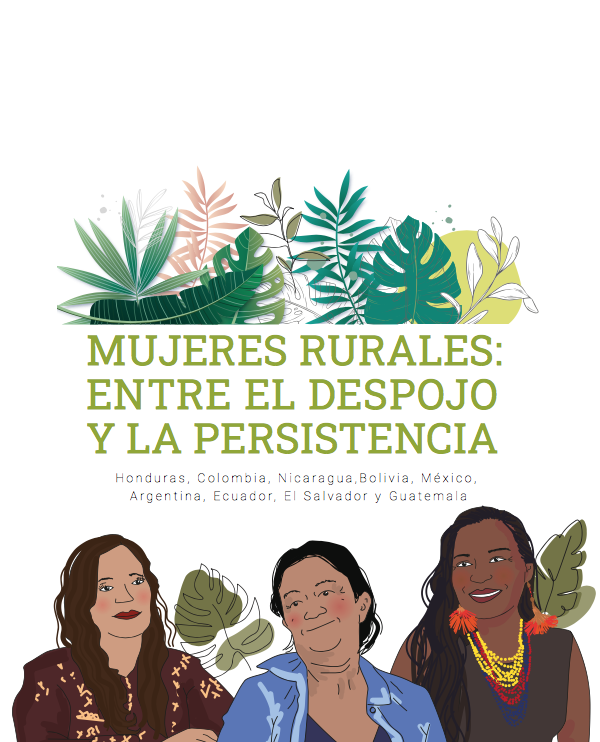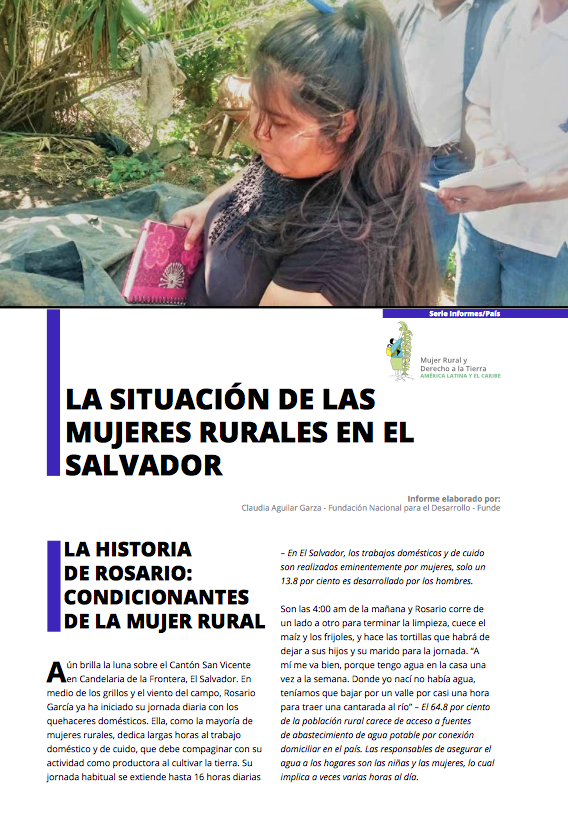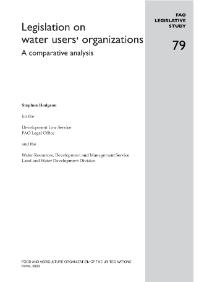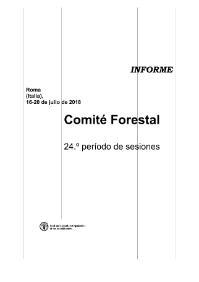Wake up and smell the coffee: Challenges and opportunities for better price transmission along the coffee value chain of El Salvador
The Alliance Bioversity International-CIAT implemented a study in El Salvador, whose goal was to make more transparent the costs and value-added along the coffee value chain, as well as to identify gaps and limitations that cause small and medium-sized farmers to remain in poverty and food insecurity, to make recommendations for policy action to make the value chain more equitable and environmentally sustainable. This brief summarizes the results of this study.
Genomic prediction of the performance of hybrids and the combining abilities for line by tester trials in maize
The two most important activities in maize breeding are the development of inbred lines with high values of general combining ability (GCA) and specific combining ability (SCA), and the identification of hybrids with high yield potentials. Genomic selection (GS) is a promising genomic tool to perform selection on the untested breeding material based on the genomic estimated breeding values estimated from the genomic prediction (GP).
Mujeres Rurales: entre el despojo y la persistencia
La lucha de las mujeres por el acceso a la tierra es una cuestión de vieja data en la región. Factores históricos, políticos y socioculturales han sido parte de las barreras que han impedido a las mujeres, la tenencia y manejo de la tierra. Pero en las últimas décadas muchas de estas mujeres se han organizado para luchar con más fuerzas por este derecho.
Aunque la dinámica, los procesos y el contexto son diferentes, la lucha siempre es la misma: hacer realidad el derecho de las mujeres a tener su propia tierra.
Sustainable Tourism and Natural Protected Areas: Exploring Local Population Perceptions in a Post-Conflict Scenario
The expansion of urban areas around the world and the application of the sustainability paradigm to tourism discourses has favored an increase in the number of people visiting natural protected areas (NPAs) in their leisure time. While tourism is desired to boost the economy of destinations, mismanagement can bring negative consequences for social–ecological systems, particularly in post-conflict rural scenarios.
Mapping Together: A Guide to Monitoring Forest and Landscape Restoration Using Collect Earth Mapathons
Mapping Together helps people use Collect Earth mapathons to monitor tree-based restoration. Collect Earth enables users to create precise data that can show where trees are growing outside the forest across farms, pasture, and urban areas and how the landscape has changed over time. Building on WRI and FAO’s Road to Restoration, a guide that helps people make tough choices and set realistic goals for restoring landscapes, Mapping Together takes this process one step further.
Forests, Water, and Land Use Change across the Central American Isthmus: Mapping the Evidence Base for Terrestrial Holocene Palaeoenvironmental Proxies
An ever-increasing demand for agriculture while conserving biodiversity, maintaining livelihoods, and providing critical ecosystem services is one of the largest challenges for tropical land management across the Central American Isthmus today. Climatic and anthropogenic drivers threaten to cause changes in the forest cover and composition for this region, and therefore, understanding the dynamics of these systems and their variability across space and through time is important for discerning current and future responses.
SITUACIÓN DE LAS MUJERES RURALES EN EL SALVADOR
Informe de El Salvador que hace parte de Serie de informes sobre la situación de las mujeres rurales en los distintos países de la región: datos oficiales, información sobre políticas e institucionalidad, acciones adelantadas por las organizaciones y grupos de mujeres para proteger sus derechos en el mundo rural y recomendaciones a gobiernos, medios de comunicación y sociedad civil.
Legislation on water users, organizations
A robust regulatory framework for the corporate governance of water user's organizations is a fundamental ingredient of irrigation management transfer policies. The present publication offers a comparative analysis of the contemporary legislation of a wide variety of countries, providing the needed regulatory framework for water user's organizations to function and grow.
Respuestas jurídicas e institucionales al aumento de la demanda de agua
La FAO ha presentado a título de contribución a la Conferencia de las Naciones Unidas sobre el Agua un documento de base titulado "Agua para la Agricultura" (DOC. E/CONF.70/ 11). Este documento pasa en revista los aspectos técnicos, económicos y sociales del agua en la agricultura y propone un programa de acción para aumentar la produoción alimentaria.
Nature-Based Solutions for Agricultural Water Management and Food Security
Accessibility to clean and sufficient water resources for agriculture is key in feeding the steadily increasing world population in a sustainable manner. Nature-Based Solutions (NBS) offer a promising contribution to enhance availability and quality of water for productive purposes and human consumption, while simultaneously striving to preserve the integrity and intrinsic value of the ecosystems. Implementing successful NBS for water management, however, is not an easy task since many ecosystems are already severely degraded, and exploited beyond their regenerative capacity.
Informe del 24o período de sesiones del Comité Forestal
Report of the 24th Session of the Committee on Forestry









